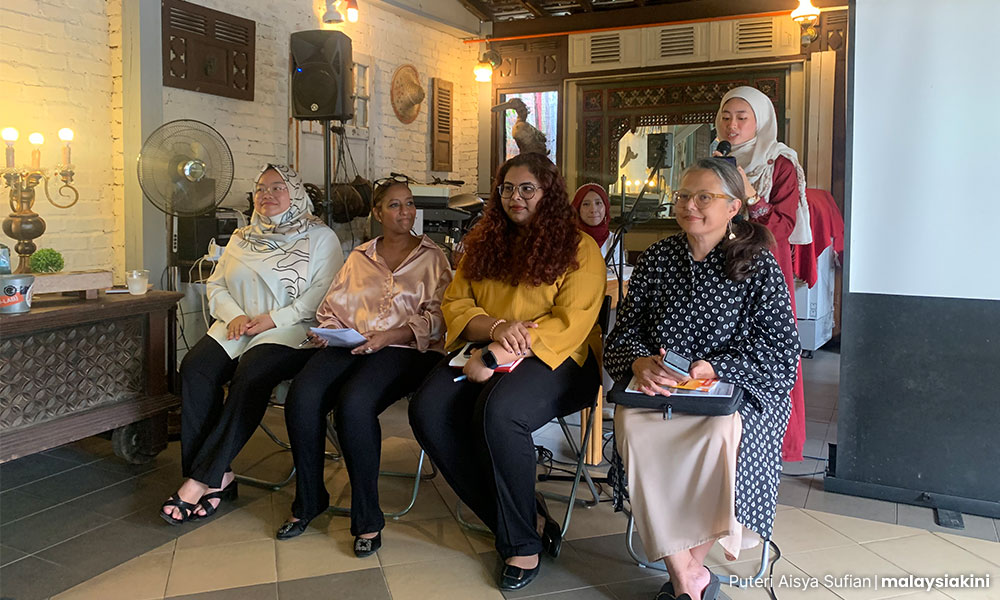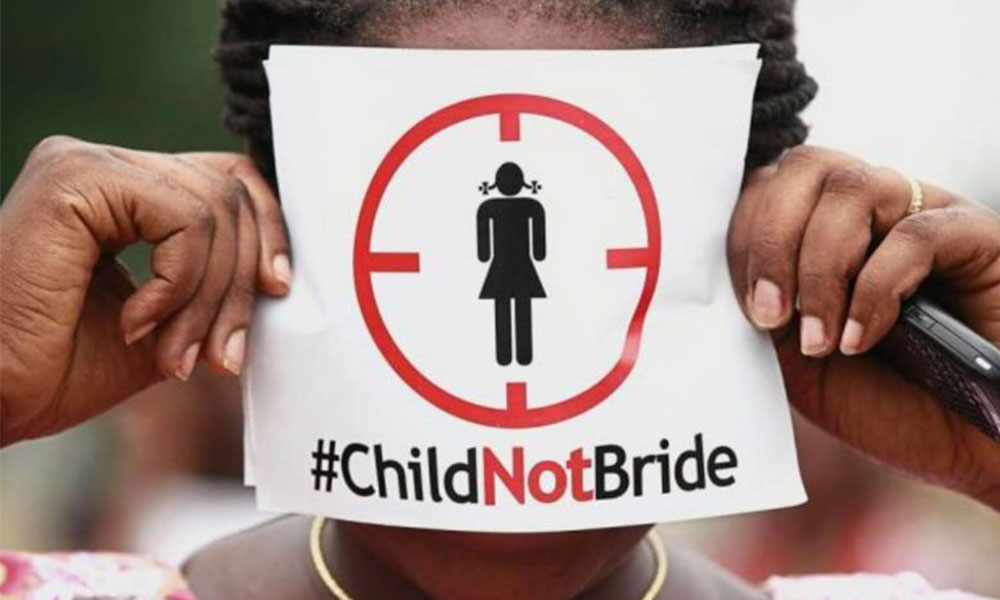A youth politician advocating for an end to child marriages in Malaysia has urged policymakers to enlist more “religious allies” with the knowledge to offer counter-narratives that attempt to justify the practice in the name of religion.
Muda deputy president Amira Aisya Abdul Aziz said the government could then rely on such individuals when faced with counter-arguments made based on religious texts or rulings, notably among Muslims.
Among others, the Puteri Wangsa assemblyperson cited an often repeated excuse that marriage among underaged Muslim youth couples was preferable to the risks of engaging in pre-marital sex.
“I can see where they are coming from because it’s better to have sex within the context of marriage rather than zina (Islamic term for pre-marital sex).
“This is where I also think it’s important for us (policymakers) to have allies within the religious sector. There are (already) allies (like that) but we have to let them speak up more,” she said.
“But they (allies) are worried that there will be people who will discredit them for this kind of thinking,” said Amira (above) during a “Women in Power - End Child Marriage” town hall session in Kuala Lumpur yesterday.
Also present at the town hall session were Voice of Children representative Norliza Khan, Dignity for Children Foundation representative Tanusha Ramanieswaran and Sisters in Islam (SIS) executive director Rozana Isa.

Amira pointed out that more Muslim women had used their own understanding of the religion to speak out against child marriage in Malaysia but their views were often dismissed as “most men only listen to other men”.
As such, she said, there was a need to also increase male participation in combating the issue.
Under Malaysian law, underage marriage for non-Muslims is governed by civil marriage legislation while underage marriage for Muslims is governed by Islamic family law in the Syariah courts.
Under this dual legal system, the minimum age of marriage for Muslim men is 18 and 16 for women; for non-Muslim men and women, the minimum age is 18.
The Federal Constitution gives each state the power to implement and change certain sections of the law as they see fit.
The most debatable point of current Islamic family law relates to sections allowing the marriage of girls below the age of 18 by obtaining permission from a chief minister/menteri besar or Syariah court judge.
‘Re-enact 5-year strategic plan’
Moving forward, Amira urged the government to re-enact the 5-year National Strategic Plan to Address the Causes of Underage Marriage - first initiated by the Pakatan Harapan government in 2020.
“There is already an existing blueprint [...] Now the only thing this government has to do is simply announce its commitment to the existing five-year plan.
“The ministers (that were) involved during the blueprint (when it was first established) is in the current government now,” she stressed.
In 2020, former deputy prime minister Dr Wan Azizah Wan Ismail launched a plan to address the causes of child marriage within five years.

The National Plan identifies six risk factors for child marriage - poverty, social acceptance of child marriage, lack of access to education, legislation that allows marriage under the age of 18, lack of legal status and rights for undocumented children, and lack of access to sexual and reproductive services.
Wan Azizah’s successor, Rina Harun, subsequently said the Perikatan Nasional government was committed to preventing child marriages but there were no plans to ban the practice outright.
Under the present administration, Amira said it is crucial for Women, Family and Community Development Minister Nancy Shukri to be proactive in addressing child marriage as she is from Sarawak.
“I wouldn’t say it’s an easy thing to do but for Nancy, it’s much more important for her to speak up.
“Sarawak records one of the highest numbers of child marriages every year for both Muslim and non-Muslim (children),” she added.
In April last year, Sarawak Women, Child Development and Community Welfare Minister Fatimah Abdullah reportedly said a total of 1,638 underage individuals got married in Sarawak from 2017 to 2020, where 500 of them were recorded as marrying according to Syariah law.
Meanwhile, 1,138 individuals were recorded marrying under customary laws. - Mkini



No comments:
Post a Comment
Note: Only a member of this blog may post a comment.